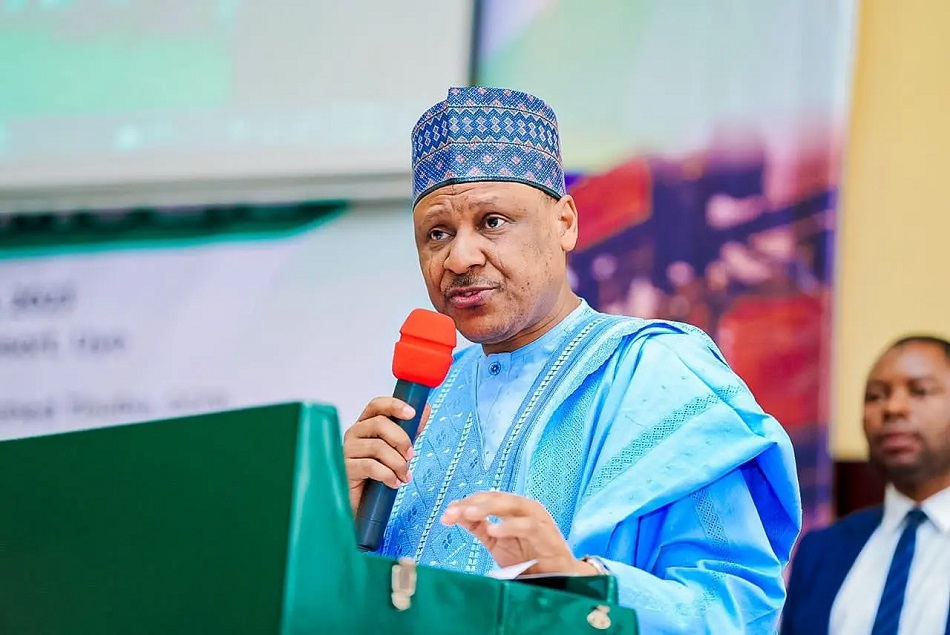The United States and South Korea have finalized a trade agreement featuring a 15% tariff on Korean imports, alongside substantial investment commitments, as part of President Donald Trump’s push to recalibrate economic ties with key allies. Announced via a Truth Social post on Wednesday, the deal includes South Korea’s pledge to invest $350 billion in U.S.-controlled projects and purchase $100 billion in American energy products. Trump hailed the agreement as “Full and Complete,” emphasizing the absence of reciprocal tariffs on U.S. exports, which he said would strengthen economic stability with a “key Asian ally.”
South Korean President Lee Jae-myung framed the outcome as a strategically negotiated compromise, revealing in a Facebook post that Seoul undertook months of consultations to refine its approach. The $350 billion commitment, he noted, aims to expand South Korean industrial access in sectors like shipbuilding, semiconductors, and biotechnology. U.S. Commerce Department data from 2024 underscores the lopsided trade relationship: South Korea exported $132 billion in goods to the U.S.—primarily automobiles and electronics—while American exports to South Korea, dominated by machinery and energy, totaled $66 billion. This resulted in a $66 billion goods trade deficit for the U.S., though services trade could reduce the gap.
The pact aligns with Trump’s broader campaign to secure last-minute trade concessions from allies before his August 1 tariff deadline. South Korea initially faced a 25% “reciprocal” tariff proposed in April, but the finalized 15% rate remains higher than the 10% applied to other nations. Similar agreements with the EU, UK, and Japan have drawn scrutiny, particularly after Brussels’ recent deal elicited accusations of capitulation. Critics labeled the EU arrangement a unilateral “submission” to U.S. demands, while a White House advisor privately characterized it as the bloc “bending the knee.”
The deal’s asymmetric terms—favoring U.S. exports while imposing higher tariffs on foreign goods—reflect Trump’s long-standing focus on narrowing trade deficits. Yet South Korea’s leadership has sought to frame its concessions as a calculated move to secure market access during a period of global economic uncertainty. Analysts suggest the agreement may set a precedent for future negotiations, as nations weigh the costs of resisting U.S. pressure against the risks of prolonged trade disruptions.



